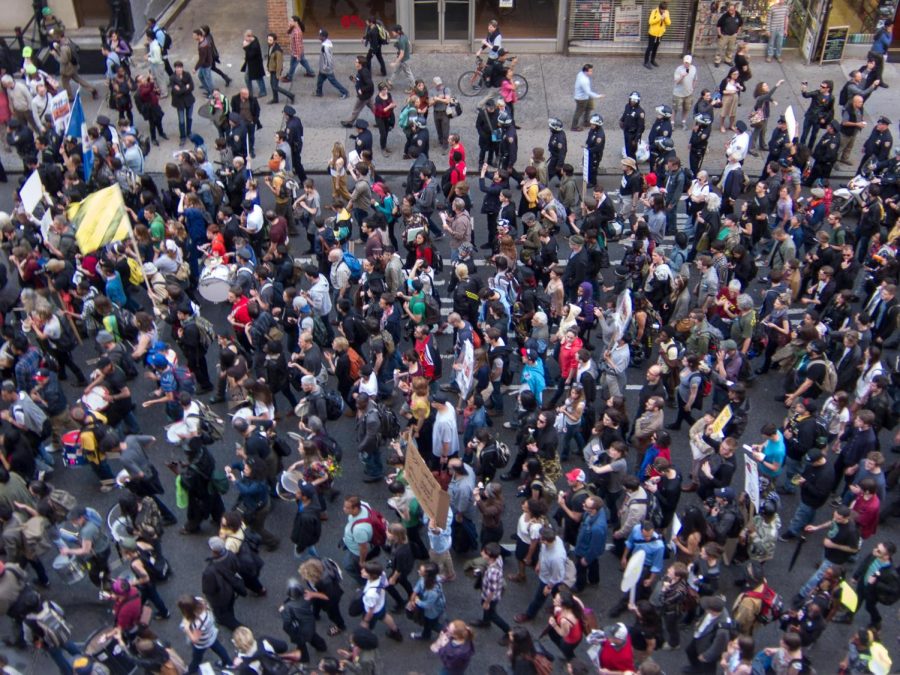The Earth surpasses population of 8 billion
December 2, 2022
The Earth has astonishingly surpassed a population of eight billion people. This new feat, while impressive, brings up many questions surrounding overpopulation and climate change.
A common misconception is that climate change is correlated to overpopulation; however, overconsumption is the true culprit.
The issues surrounding overconsumption and fossil fuels don’t really deviate “at six billion, seven billion or eight billion” people said Ramon Cruz, president of Sierra Club, an environmental non-profit.
A simulation run by Climate Interactive found that population increases from eight billion people to 10.4 billion people only had about a 0.2 degree Celsius difference, further enforcing the revelations made by the Sierra Club.
Overconsumption and the mismanagement of current finite resources have greatly contributed to climate change. It’s important to focus on where people are living, working and moving and how they interact with their environment in those spaces.
According to the United Nations Population Fund, India’s population is predicted to surpass China’s in 2023. Migration can be credited as a major factor in uneven changes in population. These changes need to be stabilized to maintain a sustainable population.
A country experiencing many inflows or outflows of migrants must figure out a way to stabilize its population. Stability equals longevity in the case of population control. Population inequalities will only do more harm than good to the overall wellbeing of a country.
Earth’s rapid population growth makes “eradicating poverty, combating hunger and malnutrition, and increasing the coverage of health and education systems more difficult,” said UN Under-Secretary-General for Economic and Social Affairs Liu Zhenmin.
There are many people on this planet and enough resources to sustain them. However, it is very difficult to efficiently allocate and distribute all those resources evenly to the entire world.
Earth’s increasingly large population is creating greater divides between humanity. There are “a handful of billionaires [that] control as much wealth as the poorest half of the world,” said UN Secretary-General Antonio Guterres.
As the population increases, so does economic inequality. The countries with higher fertility rates tend to be the countries with the lowest income per capita.
In the 2080’s, the global population is expected to peak and reach over 10 billion people. Over half of this projected increase will be concentrated in eight countries: the Democratic Republic of the Congo, Egypt, Ethiopia, India, Nigeria, Pakistan, the Philippines and the United Republic of Tanzania.
World fertility has decreased despite the recent population milestone. According to the United Nations, “two-thirds of the global population lives in a country or area where lifetime fertility is below 2.1 births per woman.” This rate roughly equates to zero long term growth populations that have low mortality rates.
Population growth rates are the lowest they’ve been since 1950. Low levels of fertility are predicted to sustain in the many years to come.
A great milestone for humanity has been achieved with the global population reaching eight billion. This achievement brings about more humanitarian issues that deserve a great deal of attention. More people may really equal more problems.







